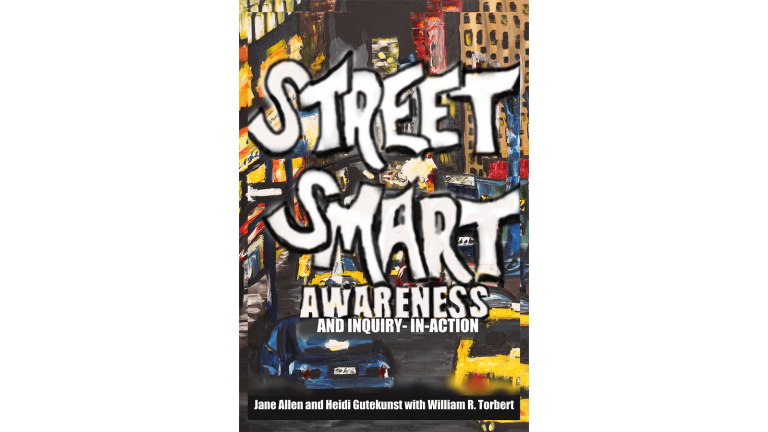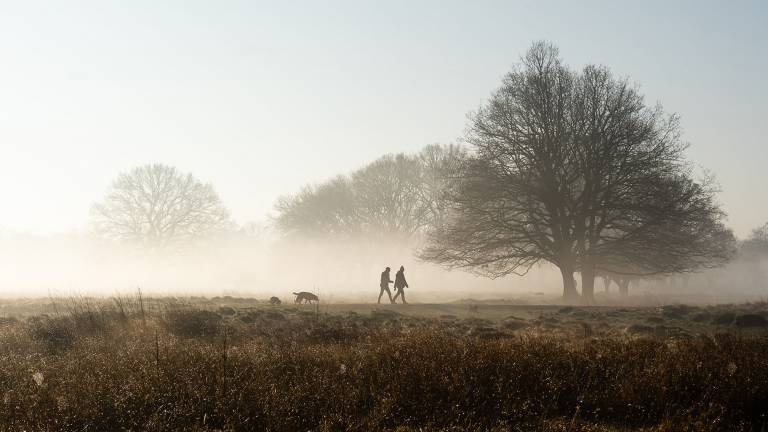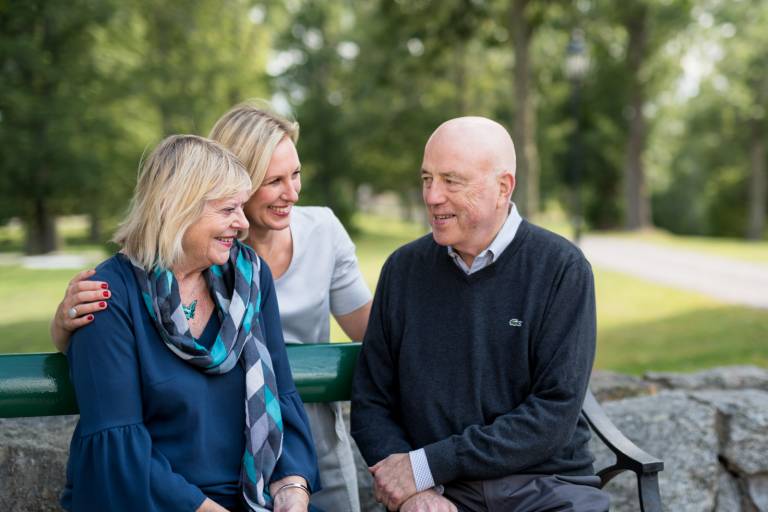The following text is taken from the introduction of the book Street Smart Awareness and Inquiry-in-Action, written by Amara’s co-founders Jane Allen, Heidi Gutekunst with William R. Torbert
We, in Amara, encourage our fellow human beings to commit personally to and be responsible for raising their awareness in order to grow as individuals, in service of creating a more inclusive, safe, just and joyful world for generations to come. A tangible, simple and smart first step in dealing with the complexity and uncertainty we face in the world today is Awareness. Why Awareness, doesn’t it belong in a yoga class or meditation practice, rather than into a reading on leadership?
We don’t think so. We believe that when we are developing a new skill or capacity to understand and deal with anything complex or uncertain, it is essential that we pay special heed to what is actually going on, where we stand, what it is that we want to change or develop, what assumptions we are making, and what traps we tend to fall into. Being aware of all of these elements vis-à-vis a complex and uncertain situation allows us to be alert enough to adjust our actions and responses in a timely and appropriate manner.
We cannot develop and change that of which we are not aware.
A good horseback rider needs to act in harmony with the horse, and for this it is necessary for the rider to have control over her own body. In my (Heidi’s) own equestrian training my most common mistake was to lift my hands too high. This led to losing the straight line from my elbow to the horse’s mouth, and thus interrupting the smooth and balanced communication I might otherwise have facilitated with minimal movement. I knew very well in theory where my hands were supposed to be—and yet as soon as I focussed on something else, my muscle memory took my hands back to the unfavourable position that they preferred. When I finally corrected this aspect of my posture it had a huge impact on my ability to become one with my horse.
The training I underwent was all about becoming as fully aware as possible, noticing all that was occurring in my body (when, for example, I was holding my hands too high) and in the horse’s, and being alert to any threats in the environment—threats that might arise from one moment to the next. I had to sense the adjustments needed for us to function as one entity, and develop the capacity to make those adjustments almost instantaneously.
Developing capacities (as distinct from competencies) to navigate today’s business environment isn’t very different. The first step is to become aware.
Aware of oneself:
What is going on inside me? How am I being impacted by my surroundings? What am I thinking and feeling? What assumptions am I making? What is affecting my perceptions and my behaviour?
The framework that the GLP is based on points to our centre of gravity and how we make this meaning now and how we might develop a more evolved way of making sense of oursleves, our relationships and the world around us.
Aware of one’s relationship with others:
How am I relating and interacting? How am I communicating? How am I advocating, for whom and for what? How am I inquiring and how am I framing what I want to communicate? What power dynamics are at play?
Look out for our future posts on the Amara Ways and developing mutual power in all out endeavours. Our Street Smart Practices offer a way of exploring this. As do our action logics shown up in our profile using the GLP.
Aware of the wider system in which one is functioning:
What is my position in this system? What is the vision, the plan? What are the actions and outcomes I am seeing in this particular system? Where does the power lie? What are the dynamics? What are the causes, and what the effects?
Being aware of the three aspects described above requires a high level of consciousness, a continuous moment-to-moment awareness that is interwoven with our actions. Achieving such awareness takes a lot of practice. This is the core purpose of developing action inquiry practice. Paying attention to and developing the quality of our awareness and knowing oneself is an essential initial step for effecting transformative action.
FURTHER READING
In the book we present practices that are simple and manageable, underpinned by sophisticated techniques that will open up your thinking and acting, and develop and enrich your everyday life both at work and beyond.
Thinking Space is to help to keep balance for leaders carrying responsibility to make the right decision to look after the business and its people. If a crisis is to be of any value it offers the possibility to redefine how we work, think, manage relationships and do business.
The Global Leadership Profile (GLP) is a both a self-assessment procedure and a professionally-scored profile tool that identifies a person’s developmental leadership action-logic. Each of us is enacting our life at work and at home through a certain characteristic way of interacting and inquiring with others.


